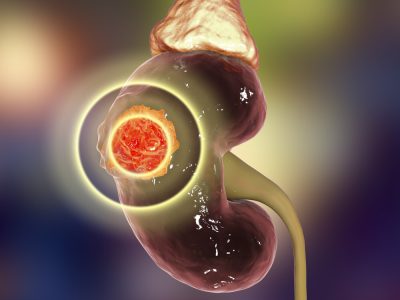Urological Cancers
- Home -> Urological Cancers
Urological Cancers
Urological cancers refer to cancers that affect the organs of the urinary system and the male reproductive system. The urinary system includes the kidneys, bladder, ureters, and urethra, while the male reproductive system includes the prostate, testicles, and penis. Urological cancers can occur in any of these organs and can be malignant (cancerous) or benign (non-cancerous). The treatment options for urological cancers depend on various factors, including the type and stage of cancer. They may include surgery, radiation therapy, chemotherapy, immunotherapy, targeted therapy, and hormone therapy. It’s important for individuals to seek medical attention if they experience persistent or concerning symptoms related to the urinary or reproductive systems.

Some common types of urological cancers include:
Bladder cancer: This type of cancer starts in the cells lining the bladder. It is the most common urological cancer and often presents with symptoms such as blood in the urine, frequent urination, and pain during urination.
Kidney cancer: Kidney cancer usually originates in the cells of the kidney. The most common type of kidney cancer is renal cell carcinoma. It may not cause symptoms in the early stages, but as the disease progresses, it can lead to blood in the urine, persistent pain in the side or lower back, and unexplained weight loss.
Prostate cancer: Prostate cancer develops in the prostate gland, which is a part of the male reproductive system. It is one of the most prevalent cancers in men. Early-stage prostate cancer may not cause noticeable symptoms, but as it advances, it can lead to urinary problems, erectile dysfunction, blood in the semen, and bone pain.
Testicular cancer: This cancer originates in the testicles, which are responsible for producing sperm and male hormones. Testicular cancer typically presents as a painless lump or swelling in the testicles. Other symptoms may include testicular pain, heaviness, or a change in size or shape of the testicles.
Penile cancer: Penile cancer occurs in the tissues of the penis. It is relatively rare but can cause symptoms such as changes in skin color, thickened areas or lumps on the penis, persistent sores, and discharge.
